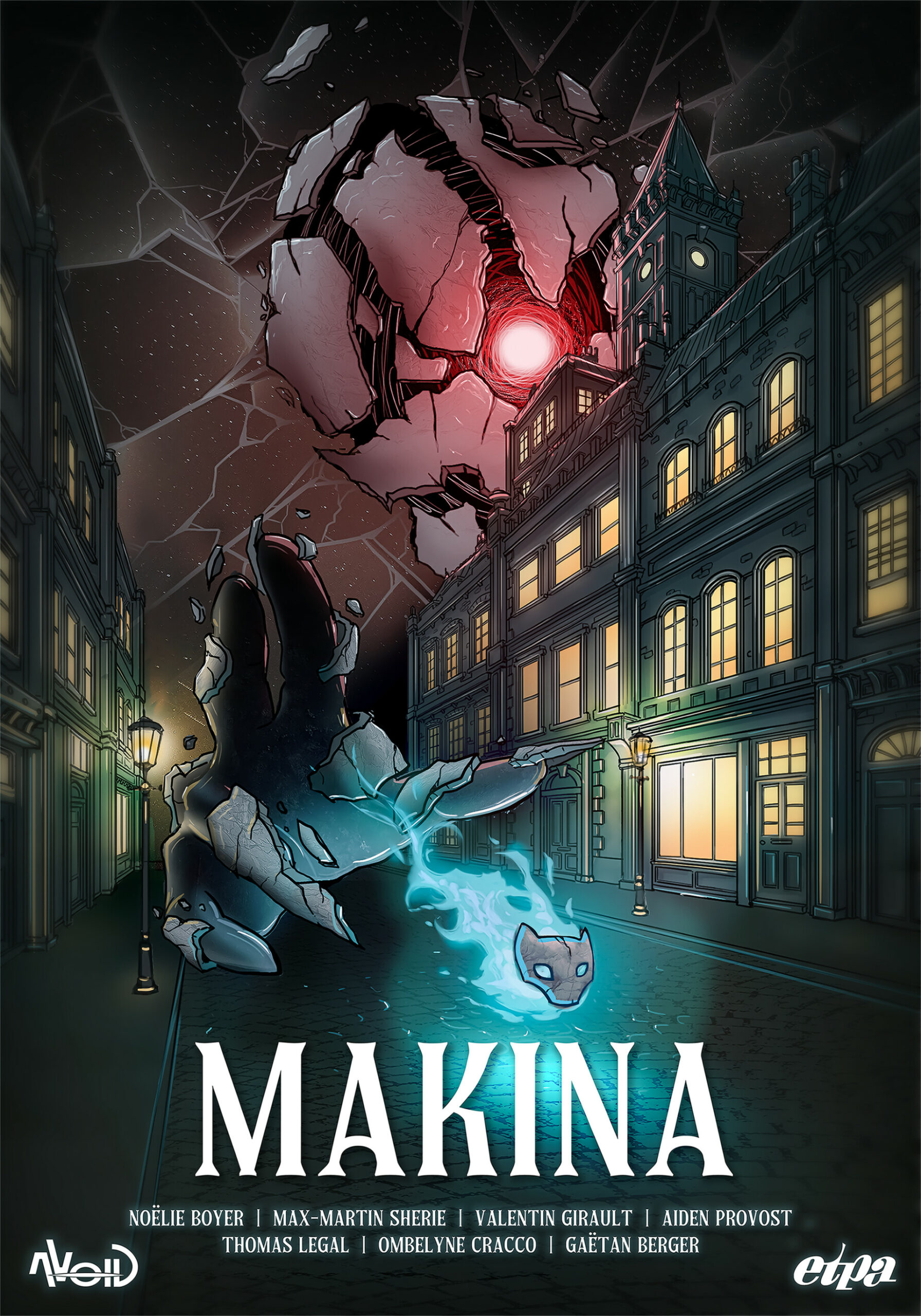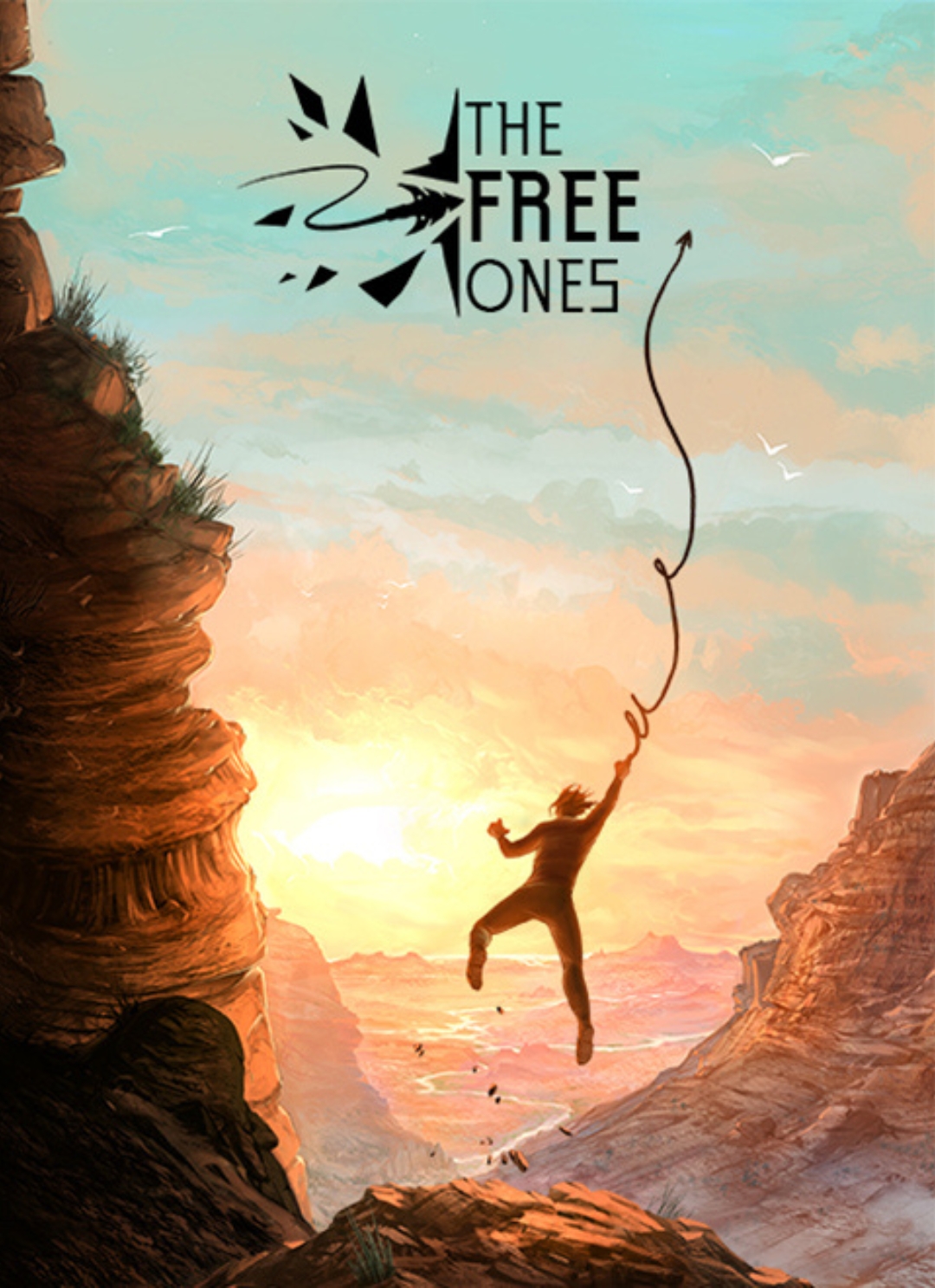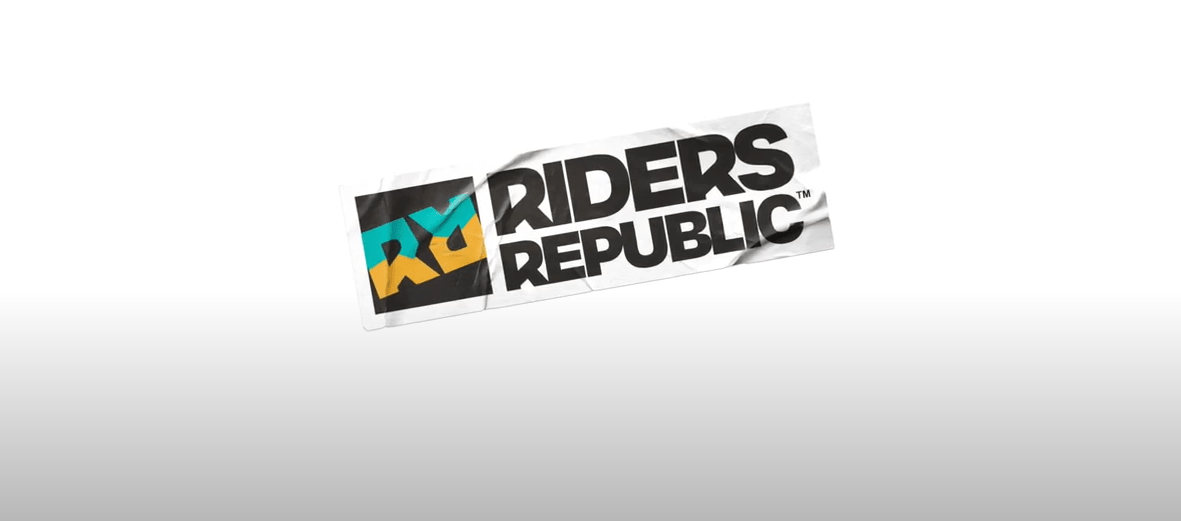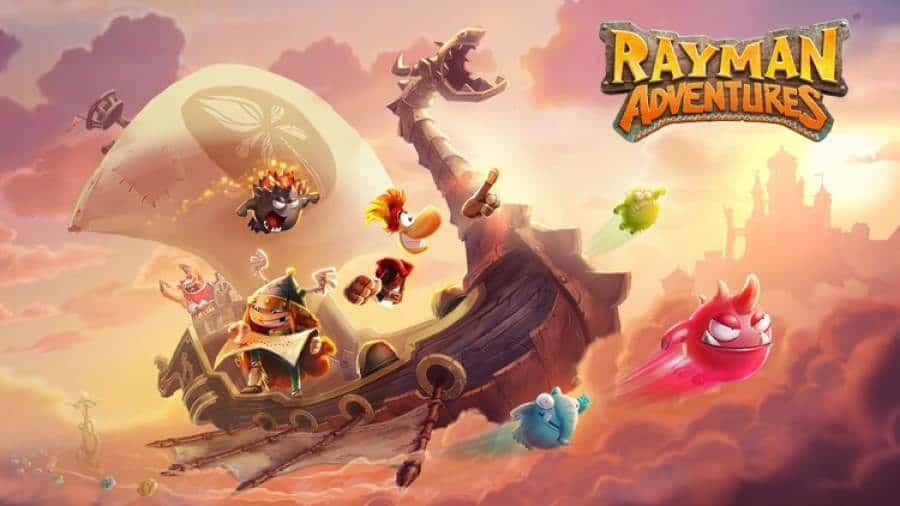
-
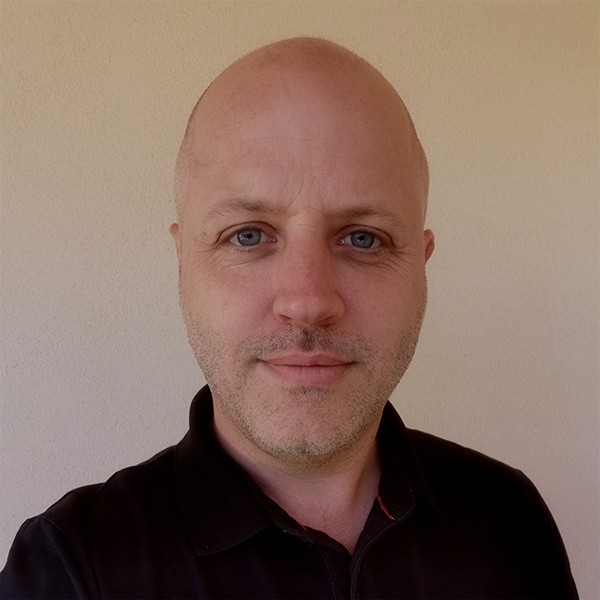
- Promotion 2002
- Training Video Game
- currently works at Build A Rocket Boy
- position Lead VFX Artist
Passionate about cinema, Joël Le Gigan joined ETPA in 1999 to study for a Higher Technician diploma in multimedia and computer graphics. Gradually, as professional opportunities arose, he branched out into video games and, more specifically, special effects. An atypical and rich career!
(Editor’s note: ETPA Jeu Vidéo will become part of ESMA from the start of the new academic year in September 2023).
A look back at your years of study
WHAT WAS YOUR COURSE AT ETPA?
After the baccalauréat, I enrolled at ETPA Rennes in 1999, then in Toulouse the following year because the Rennes school had been bought out. I took what was then called the advanced technician course in multimedia and computer graphics. It was a bit of a family affair and there weren’t many of us. On the whole, the training was complete, both artistically and technically. We touched on just about everything! At ETPA, we had equipment at our disposal. In 2002, we didn’t have all the facilities at home, there was no fibre optic, no powerful computers, so at school we had everything we needed. It was a godsend!
In practical terms, we weren’t into video games. What was interesting was the training I had in computer graphics, where I learned Maya software, among other things. At the same time, there were courses in art, multimedia to create websites and CD-Roms, page layouts and so on. All kinds of things, and there was a course specialising in 3D. So I did a year as a 3D engineering designer (animation, compositing). What may seem surprising is that I came out of ETPA with no idea whatsoever about video games. I loved cinema, I was passionate about images. But at the time, I wasn’t really interested in video games. It came gradually with the work!
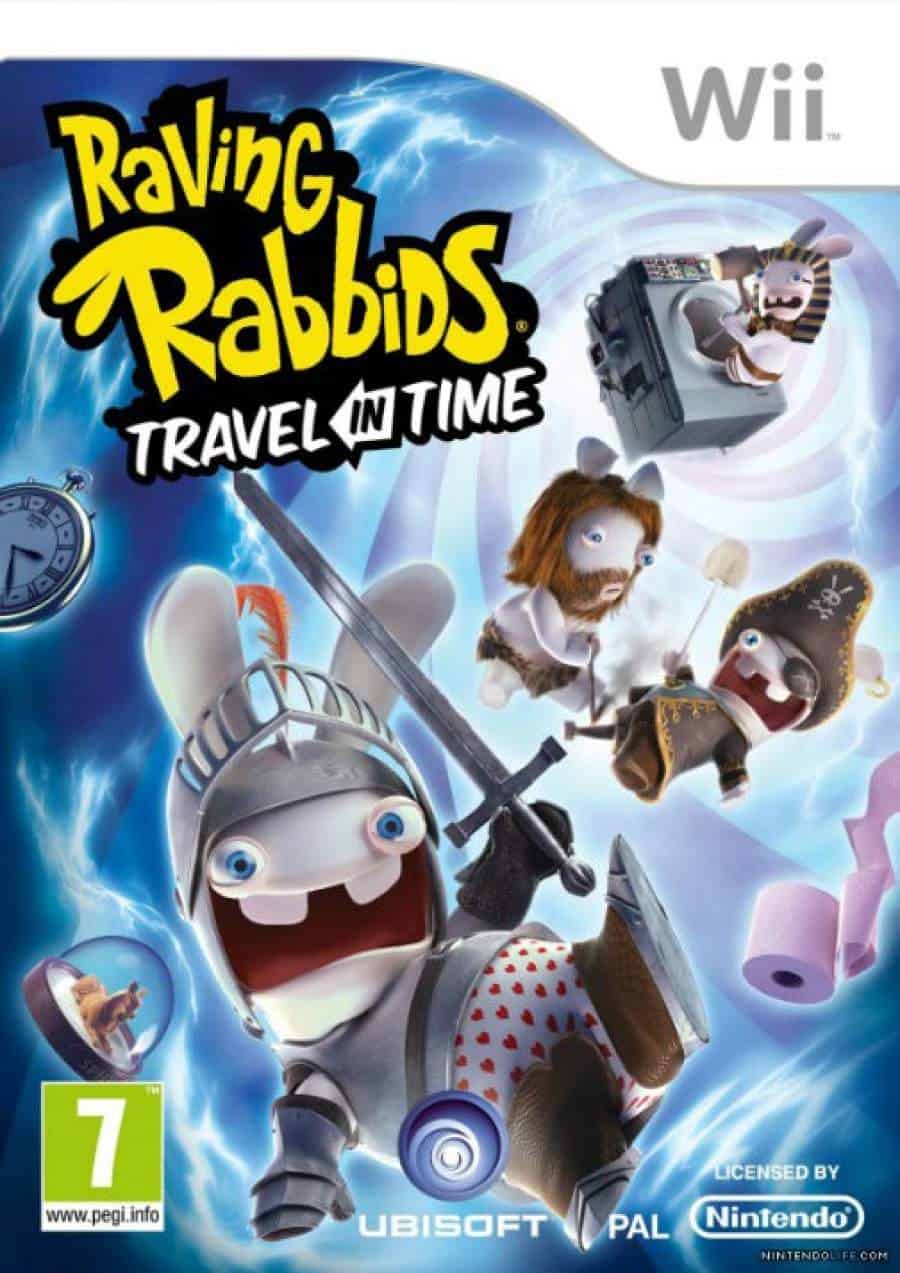
Your career path
JUST HOW WAS YOUR INTEGRATION INTO THE PROFESSIONAL WORLD?
It was very quick. I even took my time. Let me explain: at the end of my last year of training I had the opportunity during the summer to be assistant to the trainer of the new promotion. I took part in that. Then, from 2002, I worked at Manga Distribution as a multi-skilled computer graphics designer. I worked on manga DVD menus, trailers, animated logos and so on. Then I joined Attitude Studio in Paris (2004 to 2009) as an FX artist and then Lead FX. I became a specialist in special effects for animated films and television. The studio closed in 2009! That’s when I thought I’d give video games a try, even though I knew nothing about them. At the time, the video game industry was looking for people with film experience and skills, so I arrived at just the right time. I got a taste for the discipline. So I’ve been making video games my job since 2009, even though I’m not a very big gamer.
DID YOU HAVE TO ADAPT TECHNICALLY?
I caught up on the job and learnt new techniques and working methods. I joined Ubisoft in Paris and then in Montpellier until October 2022. I worked on Rabbids Travel in Time, The Crew, Rayman Adventures, Assassin’s Creed, Mickaël Jackson Experience, Ghost Recon Wildlands and Beyond Good and Evil 2.
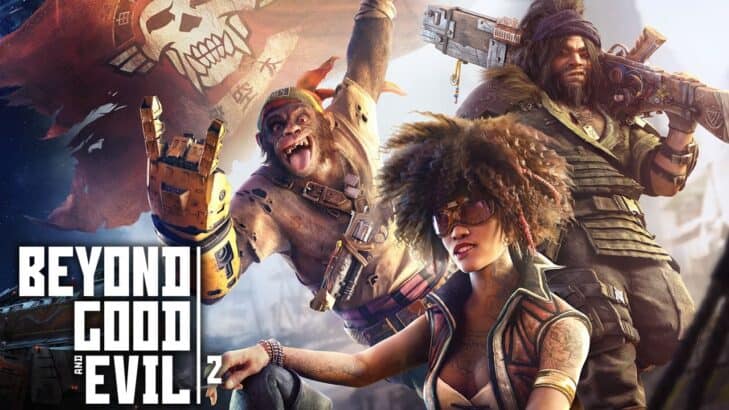
WHY DID YOU LEAVE Ubisoft?
I wanted to change after 12 years and see something different, paradoxically enough also to challenge myself and test myself. I wanted to evolve. I was approached and had several interviews. Now I’m working for Build A Rocket Boy in Montpellier. It’s a new challenge for me, a company that works with lots of people all over the world, all in English and I’m using new tools. I wanted a little kick in the backside, and I’ve got it! The project brings together a lot of things that interest me and the team is great.
WHAT IS THE EVERYWHERE PROJECT SET UP BY BUILD A ROCKET BOY?
Unfortunately I can’t tell you about it. I’m really sorry about that! But it’s an ambitious project.
Listening to you, we get the feeling that you’re constantly learning and that it’s all part of your personal way of doing things?
Yes, clearly! In video games, things change very quickly. It’s important to question the tools we use, the way we work and the way we interact with others. Company structures are changing too.
Technically, in 13 years, games are no longer made in the same way, everything is more complicated to set up and the teams are bigger.
Can you tell us about your job as a lead fx artist?
I manage a team of FX Artists. On a video game, I find the best people so that we can meet a carefully prepared schedule within the allotted time. I also recruit and liaise with the other teams. I also continue to produce when I have free time.

WHAT QUALITIES MUST YOU DISPLAY IN YOUR WORK?
We’ll start with communication, I’m right in the middle of it. I have to know how to manage my team internally and ensure that relations with the other departments run smoothly. I also attach great importance to the quality of the work. I’m in charge of validating this quality. Clearly, my aim is to get the best out of my staff. Why and how can they do better? It’s my job to find the right path. It’s essential to have psychology and technical skills.
IS THERE A SIGNIFICANT DIFFERENCE BETWEEN WHAT YOU WERE PROFESSIONALLY 20 YEARS AGO AND NOW?
It’s like night and day! I don’t use the same tools and I look at my work in a completely different way. I’m not a great technician, there are people in my team who are better than me in this area. I’m more of an ‘in-between’. I have a broad knowledge of tools and techniques and, above all, a good artistic eye. That’s my strong point! I’m well suited to the role I have today.
How have you seen the evolution of video games?
The irony of video games is that they often build on what’s already been done. Video game fans tend to love the old products, like the old Nintendo games of the time, which were very pixelated and simplistic. But those games were much more difficult than the ones we produce now. You lost all the time. It was more about the gameplay. It was a different way of doing things.
Now it’s more permissive. However, even a child can get a taste for an old game as long as it’s addictive. The strength of video games is not just the images, but also their immersive power.
Has technology taken precedence over inventiveness and inspiration?
From my point of view, this has happened in the film industry. We’ve been eating up American Marvel films and the like for years, which – and this is very personal – has killed off the diversity of films on offer in cinemas. Video games are tending to do the same, venturing into a lot of open worlds. However, there is still a great deal of inventiveness left in video games, even if we obviously also need games that tickle the retina.

ARE THERE ANY REAL RECRUITMENT OPPORTUNITIES FOR SPECIAL EFFECTS IN VIDEO GAMES?
If you only knew how hard it is to recruit. When it comes to special effects, there’s a certain shortage. Why is that? Training courses aren’t necessarily geared towards special effects, so it’s hard to find qualified people.
Is e-sports part of video games?
For me it is! It’s one of the things that shows video games in a new light.
In conclusion
WHERE WILL YOU BE IN 5 YEARS’ TIME? A ULTIMATE MEDIUM- OR LONG-TERM AMBITION?
In five years’ time, I’ll hopefully be working for the same company! I’d love to go back to my first love, making a film: writing it, shooting it, directing it. It seems so out of proportion. I’d have to start from scratch. That’s probably not going to happen!
ADVICE FOR FUTURE STUDENTS..
You have to follow your instincts, the path you want to take. If you prefer the artistic side, go for it. If you want to be a coder, go for it, but don’t limit yourself. You have to stay open-minded and look at the whole video game. Staying focused on your passion helps you for the rest of your life. Turning a passion into a profession is a great opportunity!
My final point: stay humble.
